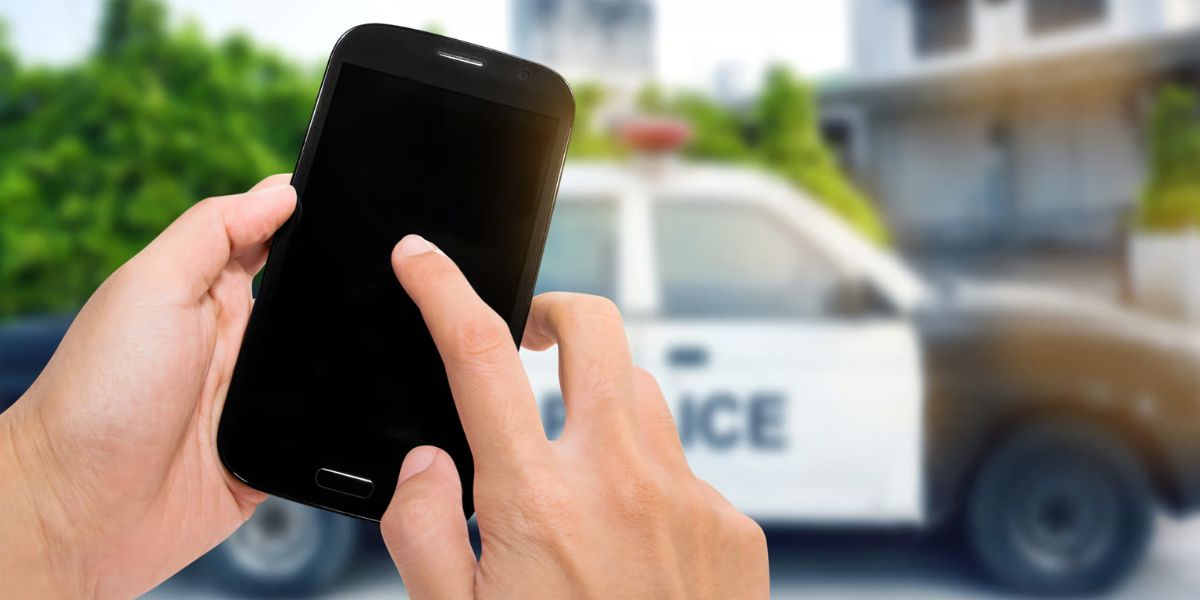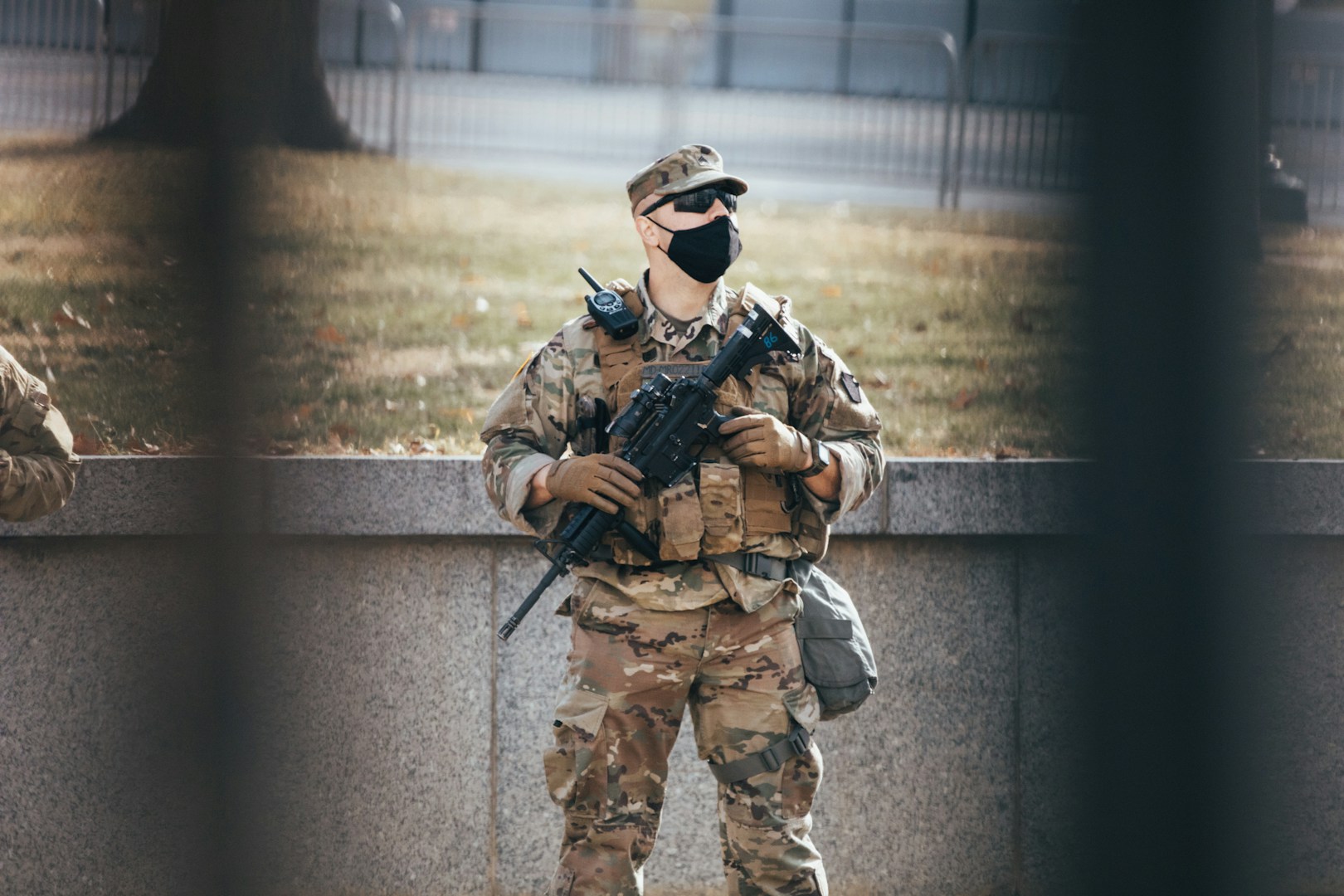When you’re pulled over during a traffic stop, the situation can already feel tense — flashing lights, a uniformed officer approaching your car, and the uncertainty of what’s about to happen. But what happens if, during the stop, a police officer asks to search your phone? Do you have to hand it over? Can they look through your messages, photos, or apps without a warrant?
In Utah, as in much of the United States, the answer largely hinges on constitutional protections and specific legal precedents. Here’s what you need to know about your rights and how they apply when it comes to smartphone searches during a traffic stop.
Your Phone Is Protected by the Fourth Amendment
At the heart of this issue is the Fourth Amendment to the U.S. Constitution, which protects individuals from unreasonable searches and seizures by the government. This means that, in general, police officers must have a warrant based on probable cause to search your personal property — and yes, your phone qualifies as personal property.
In 2014, the U.S. Supreme Court ruled in Riley v. California that law enforcement officers must obtain a warrant before searching the digital contents of a phone, even when that phone is seized during an arrest. This landmark decision emphasized that modern smartphones contain vast amounts of personal data and should be treated with the same level of privacy as a home or computer.
So, in Utah and across the country, the default legal position is: no, police cannot search your phone during a traffic stop without a warrant or your consent.
Can an Officer Ask for Your Consent?
Yes, a police officer can ask to search your phone — and many people agree, not realizing they have the right to refuse. This is a crucial point: consent overrides the need for a warrant. If you say “yes,” the officer may legally go through your phone.
That’s why it’s important to know that you can politely decline such a request. You can say something like:
“Officer, I do not consent to a search of my phone.”
This statement makes your refusal clear while keeping the interaction respectful.
Exceptions: When Can Police Search Without a Warrant or Consent?
While the general rule requires a warrant, there are some exceptions where officers may legally access your phone’s contents without one. These are rare but worth understanding:
1. Exigent Circumstances
If police believe there is an immediate threat — for example, evidence on your phone is about to be deleted, or someone’s life is at risk — they may argue they needed to search the phone without a warrant. Courts are cautious with this exception, and officers must prove the urgency was real and justified.
2. Search Incident to Arrest (Limited)
If you’re arrested during the stop, officers can seize your phone but cannot search its contents without a warrant. The Riley case made this distinction very clear.
3. Plain View Doctrine
If you’ve left incriminating content visibly open on your phone (e.g., illegal images or texts in view on the lock screen), police might argue it’s in “plain view.” However, this is often a weak justification when it comes to phones.
What Happens If You Refuse?
If you decline to let an officer search your phone, they may still seize it temporarily, particularly if they believe it contains evidence related to a crime. However, they still must go through the proper legal channels and get a warrant before accessing your data.
It’s also important to know that refusing a search does not give officers probable cause. You cannot be punished for exercising your constitutional rights.
Are There Utah-Specific Laws That Apply?
Utah adheres closely to federal rulings on digital privacy, particularly the Riley decision. As of 2025, there are no special Utah statutes that significantly alter the general rule: police need a warrant or your consent to search your phone.
However, Utah law enforcement officers are well aware of these limitations and often rely on consent or seek a search warrant issued by a judge if they believe the phone contains crucial evidence.
Tips for Protecting Your Digital Privacy
If you want to ensure your phone remains private during a traffic stop, here are a few tips:
- Use a passcode or biometric lock (e.g., fingerprint or face recognition). Do not rely solely on swipe patterns.
- Know your rights and practice what you’ll say if asked for consent. Keep your statement calm and firm.
- Avoid unlocking your phone while officers are present unless legally required by a court order.
- Turn off Face ID or fingerprint access before interactions with police. In some jurisdictions, officers may try to compel you to unlock the phone with biometrics — something courts have sometimes allowed, even when passcodes are protected.
Conclusion
In Utah, police cannot search your phone during a traffic stop without your consent or a valid warrant. Thanks to strong constitutional protections and the Supreme Court’s ruling in Riley v. California, your smartphone is recognized as a deeply personal device that deserves privacy.
If you’re ever in a situation where an officer asks to see or search your phone, remember your rights. You can politely refuse, and unless they have a warrant, that’s usually where the story ends.
Knowing the law is your best defense — and staying informed helps ensure your rights are respected, even in high-pressure situations.












